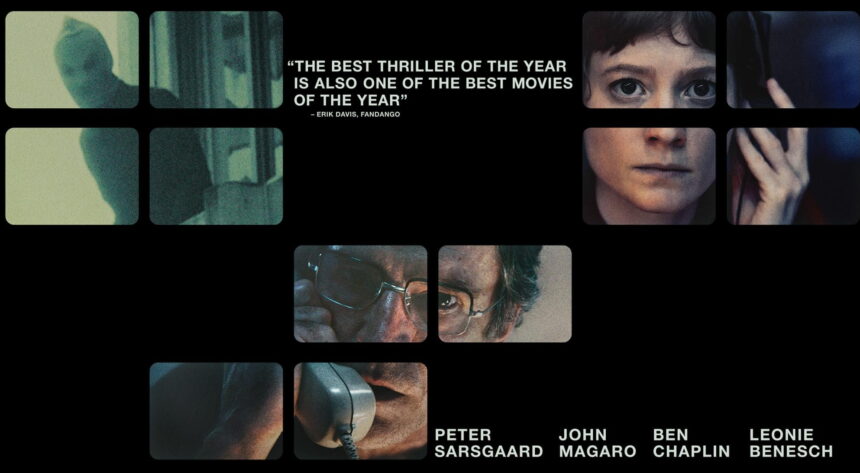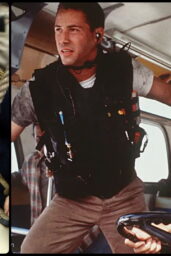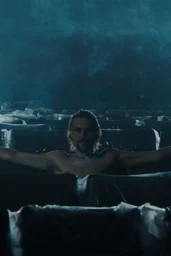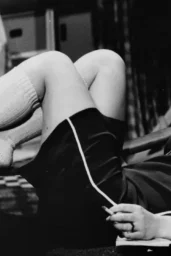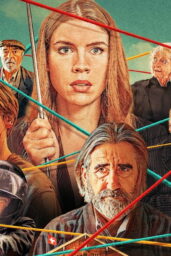When history intersects with media ethics, the result can be transformative. The newly released trailer for “September 5” offers a glimpse into one such pivotal moment, where an ABC Sports crew found themselves at the crossroads of journalism and humanity during the 1972 Munich Olympics hostage crisis.
Director Tim Fehlbaum takes an innovative approach by focusing not on the crisis itself, but on the television crew that accidentally became part of history. The film stars John Magaro as Geoff, an ambitious producer, alongside Peter Sarsgaard as the legendary TV executive Roone Arledge. Together with Leonie Benesch and Ben Chaplin, they portray the team that delivered this tragic event to an estimated one billion viewers worldwide.
September 5 Poster
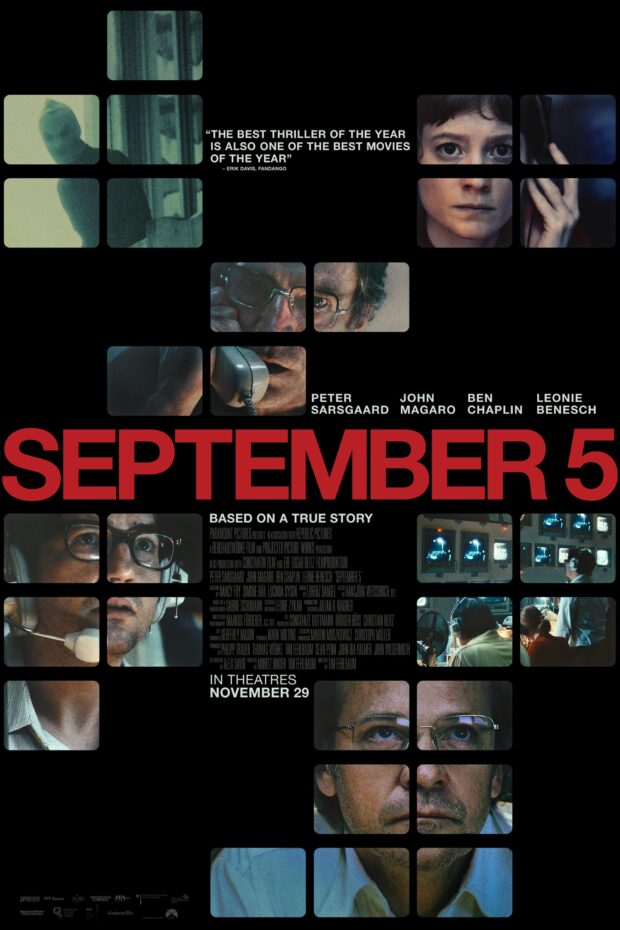
What sets this film apart is its unique perspective on a well-documented historical event. Rather than recreating the violence of that day, “September 5” explores the moral dilemmas faced by media professionals when confronted with real-time tragedy. The trailer suggests a taut thriller that builds tension through decision-making rather than action, asking profound questions about media responsibility and ethical journalism.
The film has already generated significant buzz after successful showings at both Venice and Telluride Film Festivals in 2024. Paramount Pictures has scheduled a strategic release, beginning in select theaters on November 29th, 2024, before expanding nationwide on December 13th.
September 5 Trailer
As someone deeply invested in both cinema and media history, I find the premise particularly compelling. The decision to explore this historical event through the lens of broadcasting pioneers feels incredibly relevant to our current discussions about media responsibility and live coverage of tragic events. The cast lineup is especially promising – Sarsgaard and Magaro both excel at portraying complex moral challenges, and their pairing suggests nuanced performances that could elevate this beyond a typical historical drama.
Questions for Readers:
- How do you think media coverage of tragic events has evolved since 1972?
- Would you make different decisions if you were in these broadcasters' position?
- Does the responsibility of media differ when covering planned events versus unexpected crises?

